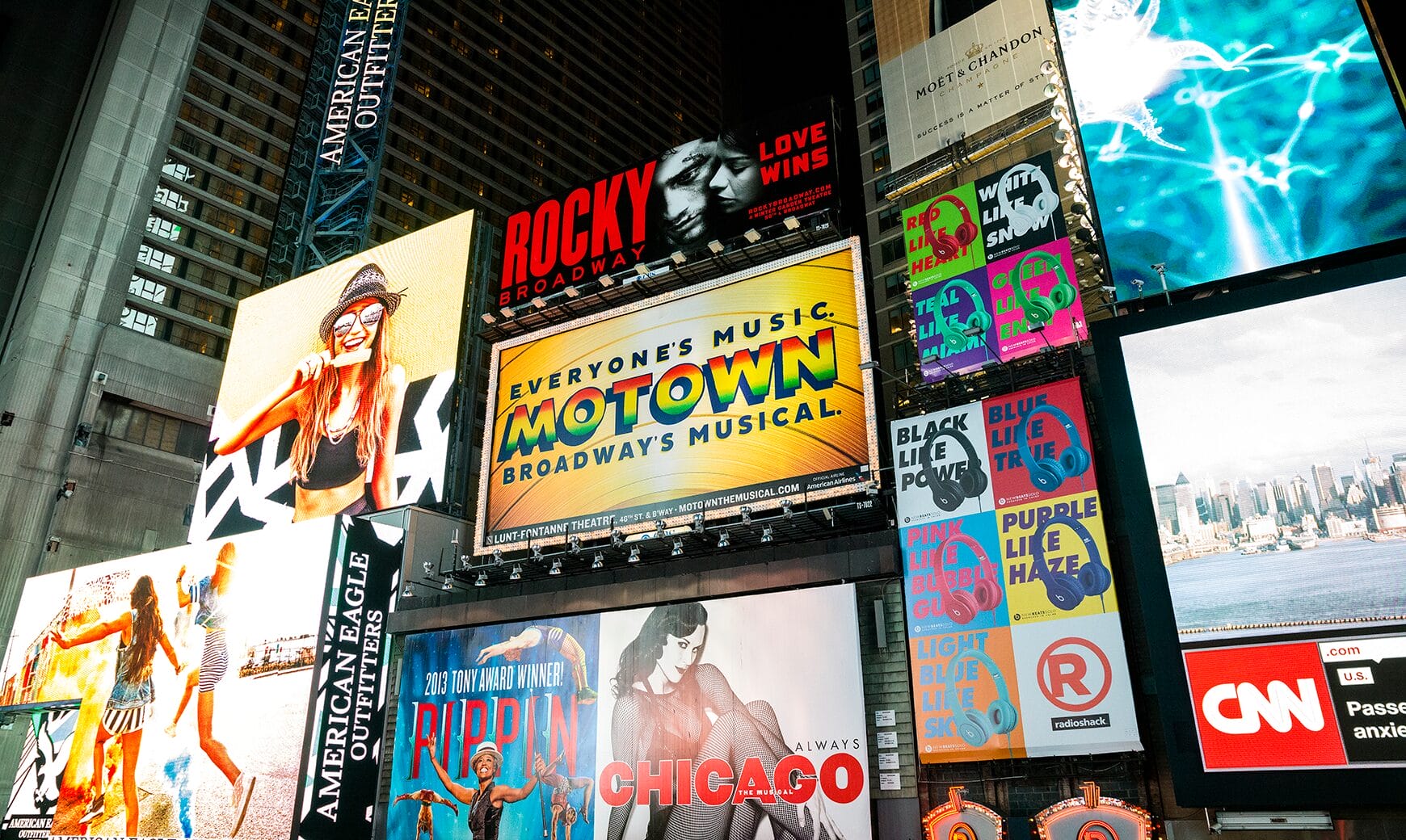“Money makes the world go ’round,” sings the Emcee in Cabaret. For investors in a Broadway show, however, their money may not come back around at all. Although investing in a Broadway play or musical may appear glamorous—with perks such as complimentary tickets, co-producer billing, and invitations to opening nights and parties—it carries substantial risks, including the total loss of an investment. While no amount of legal review can guarantee a profit, having an attorney review offering documents can help investors fully understand the risks involved before they invest. A new lawsuit by an investor in a high-profile Broadway show illustrates why that guidance matters in such a high-risk sector.
On August 29, 2025, James Lorenzo Walker, Jr., an Atlanta-based investor in the recent Broadway revival of Cabaret (also known as Cabaret at the Kit Kat Klub), filed a lawsuit in New York State Supreme Court after receiving no return on his $50,000 investment. The complaint alleges breach of contract, fraud, breach of fiduciary duties, and unjust enrichment, and describes what it calls a “deliberate scheme” to deprive him and other investors of their investments and partnership profits. In response, the producers have denied any wrongdoing and filed a motion to dismiss the complaint.
This version of Cabaret marked one of Broadway’s most expensive revivals to date, with production expenses of $24-$26 million. It transformed the August Wilson Theatre into an immersive nightclub, requiring investors to help fund extensive physical renovations. Although the production grossed approximately $90 million during its run from April 1, 2024 through September 21, 2025, it was allegedly unable to return any money to its investors.
The revival opened in April 2024, with Eddie Redmayne reprising his Olivier Award–winning performance as the mysterious and ghoulish Emcee. While weekly box office grosses were strong throughout Redmayne’s limited engagement, sales fell following his departure, despite well-known replacements in the role including American Idol finalist Adam Lambert, country singer Orville Peck, and Tony Award winner Billy Porter. In the summer of 2025, the show announced a fall closing date, which was accelerated when Porter became ill. The early closing coincided with the investor lawsuit, underscoring the fragility of a production with high overhead and a dependence on star casting.
The appeal of investing in the Broadway revival of Cabaret was understandable—it was a beloved Broadway musical with a proven track record, a major star attached, and a format that played into the immersive theater trend. But the economic realities made recoupment highly uncertain. While the show was a hit in London’s West End, where it continues to run, it costs far less to mount a show in London. In 2023, the industry publication Broadway Journal noted that a preliminary budget and recoupment chart revealed that Cabaret would have needed to gross approximately $2.1 million a week for about a year to recoup its initial investment costs.
An investor who loses all their money in a Broadway production is often left with little or no legal recourse. This is because Broadway investments are typically structured through limited partnerships or limited liability companies, and the governing documents heavily favor the producers. The subscription agreement and the LP or LLC agreement set the rules for the investment, including what expenses may be charged, when and how profits are distributed, whether producer loans or advances take priority over investor repayment, how reserves are maintained, and what audit or inspection rights investors possess. These agreements also contain broad risk disclosures and disclaimers, which courts in New York frequently enforce, making it very difficult for investors to recover losses absent extreme misconduct.
Other lawsuits involving Broadway musicals that never even made it to opening night illustrate the limits of investor remedies. In the case of Nerds: The Musical, 13 investors sued after the show collapsed weeks before its scheduled Broadway bow, alleging that the producers misrepresented the extent of the show’s financial backing and improperly used funds before full capitalization had been achieved. In 2020, a New York court dismissed their claims, holding that the governing documents expressly authorized the producers to use investor contributions immediately, regardless of whether the capitalization threshold had been reached, and included strong disclaimers that undercut reliance on outside statements.
In the more notorious Rebecca: The Musical saga, a middleman fabricated wealthy investors and later pled guilty to federal fraud charges. Investors brought civil claims against the producers, but the court emphasized that the risk of loss had been allocated to investors under the offering materials, limiting their ability to recover.
Before the COVID-19 pandemic shut down Broadway for 18 months, it was generally believed that four out of five commercial Broadway shows did not recoup their initial investment costs. Since reopening in the fall of 2021, costs for labor, marketing, and theater operations have significantly increased, making profitability even more elusive. Jason Laks, president of the Broadway League, a trade organization that represents theater owners and producers, recently told the New York Times that currently only 10 percent of Broadway musicals are profitable. To make things worse, the New York City Musical and Theatrical Production Tax Credit, a post-pandemic state program that offered tax credits of up to $3 million per production, recently ran out of funds.
An experienced attorney can help prospective investors understand the legal protections, risks, and limitations contained in governing investor documents and in subsidiary rights involving such income sources as tours, licensing, or film adaptations. If you have questions about the legal issues associated with theatrical investments, please contact the author or your attorney at McCarter.
